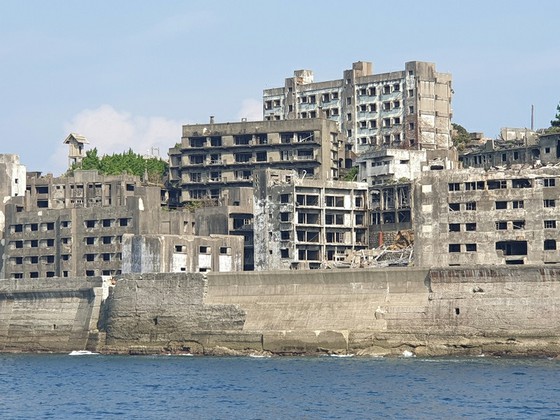 |
The Joongang Daily reported, quoting the Sankei Shimbun, that the public-private council is considering the establishment of the fund as the most realistic option. A proposal to establish a fund was first proposed in 2019 by then-National Assembly Speaker Moon Hee-sang. With the participation of Japanese and South Korean companies and governments, Mr. Moon will create a fund worth approximately 28 billion won (approximately 2.8 billion yen at the current exchange rate) to pay compensation to approximately 1,500 plaintiffs in former forced labor lawsuits. The proposal was presented as a solution. However, at the time, support groups for the plaintiffs objected, saying, "This is extremely insulting to the victims and undermines the dignity they have been protecting until now." is. Ultimately, the proposal fell through.
With cash imminent, the Yoon Seo-gyul administration, which has shown a desire to improve relations between Japan and South Korea, launched a public-private council last month to resolve the issue. It was presided over by First Vice Minister of Foreign Affairs Cho Hyung-don and included scholars, former diplomats, and initially some lawyers for the plaintiffs.
So far, as a solution to the former forced labor issue, there has been discussion of a subrogation plan in which the South Korean government takes over the reparations from Japanese companies. However, a legal expert who attended the second meeting of the public-private council held on the 14th of last month explained that "consent of all plaintiffs" is necessary to carry out the plan. Since the plaintiff strongly opposes the Korean government taking over without the defendant company's involvement, this proposal has become difficult in practice. In addition, there were proposals to resolve the matter at the International Court of Justice or to have the plaintiffs and the defendant companies directly discuss the matter, but it is said that these proposals have been judged unrealistic because the understanding of the Japanese side has not been obtained.
The council is expected to deepen discussions on the vicarious repayment plan by the fund in the future. However, the JoongAng Ilbo pointed out, ``Many difficulties are expected, such as the enactment of a special law in the National Assembly to enable the establishment of the fund.'' On the other hand, Korea University professor Park Hong-ki, a member of the council, told the Sankei Shimbun, "If the council's discussions are finalized by the end of August, the government will consider the matter before the state funeral of former Prime Minister Shinzo Abe. Around October, when the negotiations are over, we may be able to present a solution to the Japanese side."
Under these circumstances, the third meeting of the public-private council was held on the 9th. Regarding the council, the plaintiffs in the lawsuit objected to the Ministry of Foreign Affairs (the equivalent of the Ministry of Foreign Affairs) submitting a written opinion to the Supreme Court last month explaining its diplomatic efforts to resolve the issue. "The written opinion submitted by the Ministry of Foreign Affairs is, in effect, asking for a postponement of the Supreme Court's decision on cashing," he said, "It is an act that completely loses the relationship of trust with the victim." , announced its non-participation in the council. For this reason, the consultation held that day was held without the participation of all the plaintiffs. The Ministry of Foreign Affairs said, "We exchanged opinions based on the content that was discussed at the two meetings so far."
Regarding the council, it is said that some experts who are members are considering withdrawing from the council. With all the plaintiffs not participating, it is unclear whether the discussion on the fund establishment proposal will deepen in the future.
2022/08/12 13:05 KST


